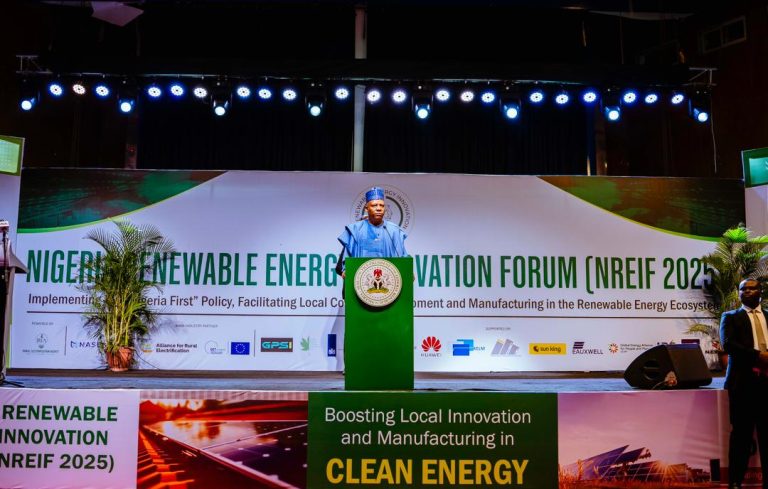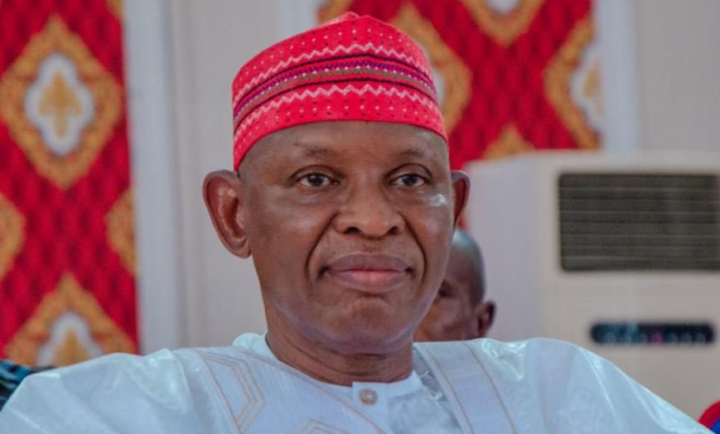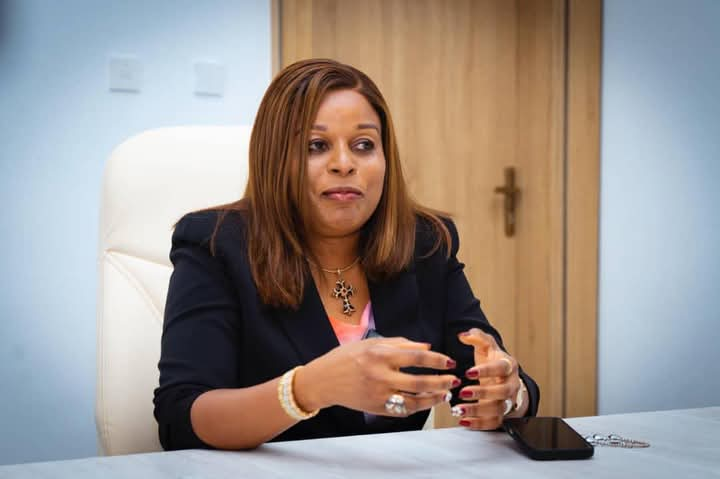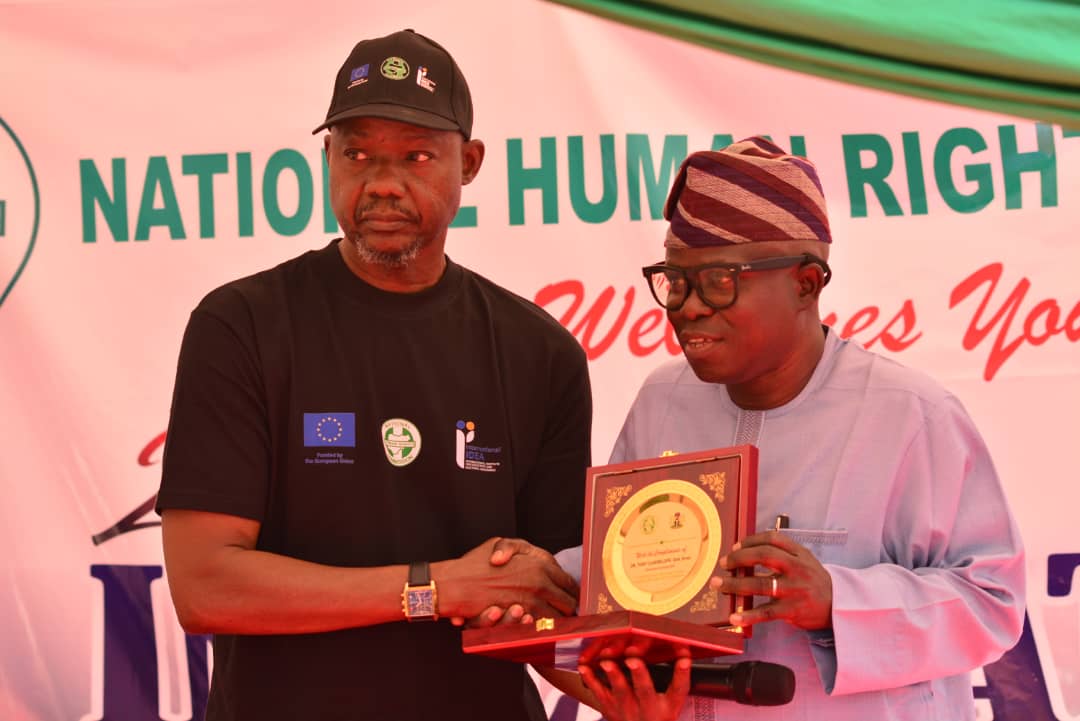
……REA Forum Mobilises $400m Clean Energy Investment
…..targets $10bn renewables investment this decade
By Fatima Saka, Abuja
Vice President Kashim Shettima has said that Nigeria requires more than $23 billion to expand energy access and connect millions of citizens still living in energy poverty.
Speaking in Abuja at the inaugural Nigerian Renewable Energy Innovation Forum (NREIF) 2025, organised by the Rural Electrification Agency (REA), Shettima said Nigeria’s energy transition under President Bola Ahmed Tinubu’s administration is designed to unlock over $410 billion in investment opportunities by 2060, positioning the country as Africa’s renewable energy hub.
“Nigeria’s energy transition is targeting an investment opportunity of over $410 billion between now and 2060, with over $23 billion needed to expand energy access and connect the millions of Nigerians who still live in energy poverty,” Shettima stated.
He noted that Nigeria’s ambition extends beyond energy access, aiming for a power system with 277 gigawatts of total installed capacity by 2060, which he said demands “innovation, local capacity, and unwavering commitment.”
The Vice President reaffirmed President Tinubu’s commitment to strengthening policies that will create a self-sustaining renewable energy market, emphasising enhanced incentives for local manufacturing, streamlined regulations, and collaboration with state governments and development partners to de-risk private capital.
“From solar panel assembly lines in Lagos to battery recycling hubs across industrial corridors, Nigeria must not only participate in this revolution but lead it,” Shettima said.
He called on state governments, investors, and Original Equipment Manufacturers (OEMs) to localise technologies, strengthen value chains, and invest in skills and knowledge transfer.
Highlighting the outcomes of the forum, Shettima announced that over $400 million in new investment commitments had been mobilised into Nigeria’s renewable energy manufacturing value chain, covering solar panels, smart meters, battery storage, and recycling facilities — projected to create 1,500 direct jobs across multiple states.
“These investments reflect growing global confidence in Nigeria’s clean energy industrialization drive,” he added.
Earlier, the Minister of Power, Chief Adebayo Adelabu, said the NREIF marked a new chapter in Nigeria’s energy transformation journey. He described the Integrated National Electricity Policy as a comprehensive framework to strengthen sectoral gains and decentralise the electricity value chain.
“With a youthful population of nearly 238 million people, the energy required to bridge our infrastructure gap far exceeds the 5 GW currently available on the national grid,” Adelabu stated, urging stakeholders to see opportunities beyond immediate challenges.
In his remarks, Abba Aliyu, Managing Director of the REA, said the forum connects policy and vision with research and innovation to accelerate Nigeria’s green energy ambitions.
He noted that Africa holds nearly 60% of the world’s best solar resources but attracts less than 3% of global renewable investment, calling for stronger industrial capacity and local value creation to reverse the trend.
“Our government has committed to achieving net-zero emissions by 2060 and delivering 30 GW of electricity by 2030, with at least 30 per cent from renewables,” Aliyu added, reaffirming Nigeria’s plan to mobilise over $10 billion in clean energy investments this decade.
Representing the UN Deputy Secretary-General, Ms. Amina Mohammed, the UN Resident and Humanitarian Coordinator in Nigeria, Mohammed Malick Fall, said the gathering demonstrated global ambition and provided a roadmap for Nigeria to harness its renewable potential.
“The UN remains committed to supporting Nigeria in building a vibrant local energy sector that powers homes, schools, and communities,” he said.
READ ALSO: Lagos tops 2025 Subnational Climate Governance Ranking
Sterling Oil Launches Global Sustainability Campaign in Collaboration with NAEC
The Dutch Ambassador to Nigeria, Bengt van Loosdrecht, described the event as a “milestone” in the partnership between both countries and reaffirmed the Netherlands’ role as a reliable partner in Nigeria’s renewable energy journey.
At the event, the Governors of Jigawa, Bayelsa, and Ogun States, alongside the REA management, signed multi-million-dollar Memoranda of Understanding (MoUs) with various private sector development partners, including the Dutch government, to drive renewable energy deployment across Nigeria.





